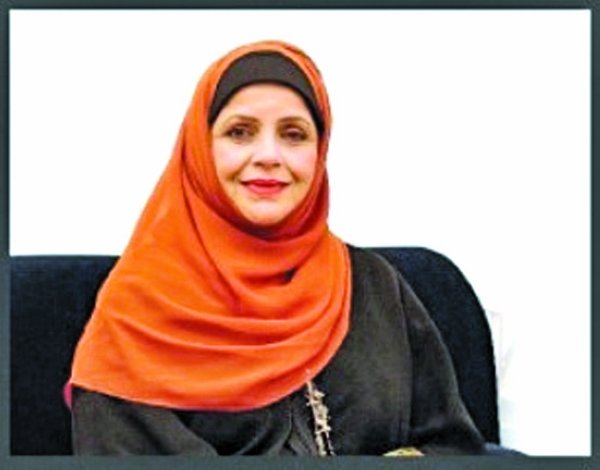
Muscat: Women in Oman get equal opportunities as men, said Naashiah Al Kharusi, a member of the State Council, and Oman’s first female telecom engineer.
March 8 is celebrated as the International Women’s Day, and this year’s theme is “Pledge for Parity.”
“In terms of policies, women and men have equal rights and opportunities. It is up to the two genders to grab these opportunities, it is an open ocean and women are allowed to choose what career they want to go for,” Al Kharusi added.
**media[351461]**
Al Kharusi is Oman’s first female telecom engineer and a member of the State Council of Oman since 2011. She was also appointed the Chairperson of the Omani Women’s Association from 2012 to 2014. Besides serving these roles, she also helped establish the Telecommunications Regulatory Authority (TRA) and served on the Omantel board for 26 years.
“When I was studying, things were different-the people’s mindsets and perspectives were not the same as now, today things have changed and women have better prospects. The only key is to work hard and not complain. There are lots of things Omani women can do today and the government is supporting them in a great way,” she added.
Al Kharusi stated that if a job advertisement in Oman is published with a gender specification, one can go and complain about it. “It is not allowed to specify a gender in job adverts, unless the company has a very strong reason to justify it.”
In 2014, Omani women refuted a survey conducted by Bayt.com, a popular career website in the Middle East, which said that 56 per cent of the women receive less pay than their male counterparts.
“We have equality in everything as men and I think we are one of the very lucky countries where we have the same job opportunities and salaries as men. In fact, we have a whole day (Omani Women’s Day-October 17) dedicated to us to celebrate our achievements and successes,” said Her Highness Sayyida Basma Al Said, mental health expert and owner of the Whispers of Serenity Clinic.
**media[351460]**
Due to His Majesty the Sultan’s Royal decrees, women have several privileges, she noted. “Today, Omani women are everywhere and our biggest support is His Majesty Sultan Qaboos bin Said. So I think women need to stop complaining and start acting on the opportunities they have around them.
They can start their own SMEs and operate them from home, not many countries would offer this.”
Al Said also hoped that gradually Omani women will be able to spread their reputation far and wide and outside Oman. “Not a lot of people who live outside of Oman know about the amazing things that we have done, so I wish that happens. For that we need to work outwards to bring things inwards.”
Rumaitha Al Busaidi, adventurer and aquaculture specialist, said women in Oman need to take up more leadership roles. “I wouldn’t say that we are on par with men, we need more women in executive positions, in lead roles, and we need more women to take the spotlight so that they can pave the way for other women in the country. There are opportunities and the government is doing all it can to help create gender parity in the limits women want, because we do like to be treated as women with the privileges that we have.”
**media[351459]**
When she came back to Oman after completing her studies in “Environment” from the Netherlands, most of the jobs in her specialisation were for men, but she managed to challenge that. “If I didn’t know my rights, I wouldn’t have been able to challenge that but I only managed because of the fact that I was aware of my rights. So I think women need to educate themselves about their rights, that I feel is lacking in Oman.”
Speaking further, Al Busaidi also feels that lots of changes have taken place since the time she was little.
“Yes, definitely when we were younger, there was no female minister or an ambassador, however now there are female ministers and it is clearly visible that more women are coming into the workforce and demanding their rights, and are also as powerful as men in formulating strategy, thinking and getting the job done.”